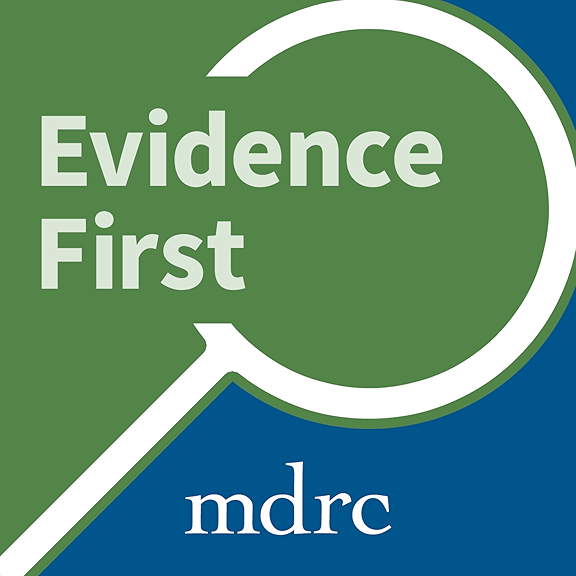Dec 15 2022
Bringing Procedural Justice Principles to Child Support Programs
Child support agencies aim to secure payments from noncustodial parents to support the well-being of their children. When noncustodial parents fall behind on child support, they may face consequences, such as driver's license suspensions, civil contempt, and even jail time. These enforcement actions can make it harder for parents to make future child support payments. The Procedural Justice-Informed Alternatives to Contempt (PJAC) demonstration, sponsored by the federal Office of Child Support Enforcement (OCSE), integrates principles of procedural justice into enforcement practices in six child support agencies across the United States. Procedural justice is the perception of fairness in processes that resolve disputes and result in decisions. Research has shown that if people perceive a process to be fair, they will be more likely to comply with the outcome of that process, whether or not the outcome is favorable to them. MDRC, MEF Associates, and the Center for Court Innovation are evaluating the effectiveness of the PJAC model. As part of the demonstration, the PJAC Peer Learning initiative provided training and support to several additional child support agencies that were interested in procedural justice but not part of the PJAC study. In this episode, Leigh Parise talks with Michael Hayes and Tanya Johnson from OCSE, Melissa Froehle from Minnesota Child Support Enforcement, and Maria Lasecki, Director of Brown County Child Support in Wisconsin, about the role of procedural justice in child support, how the Peer Learning initiative works, and what the sites have learned so far.
